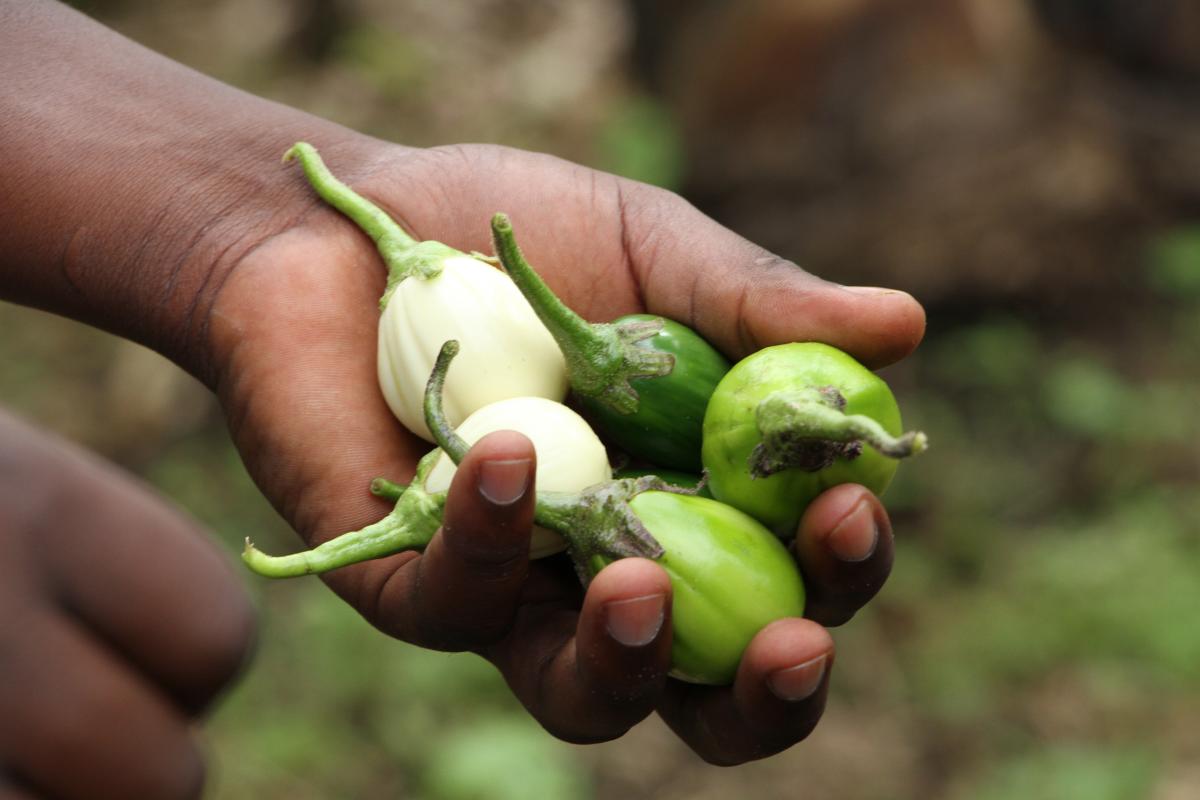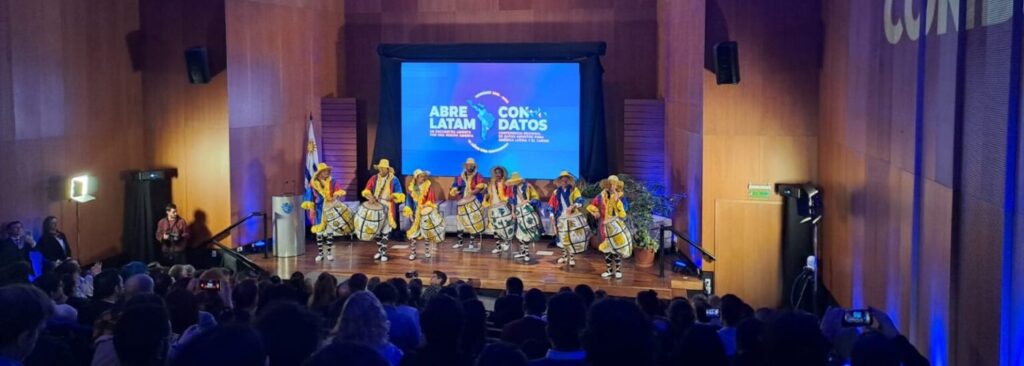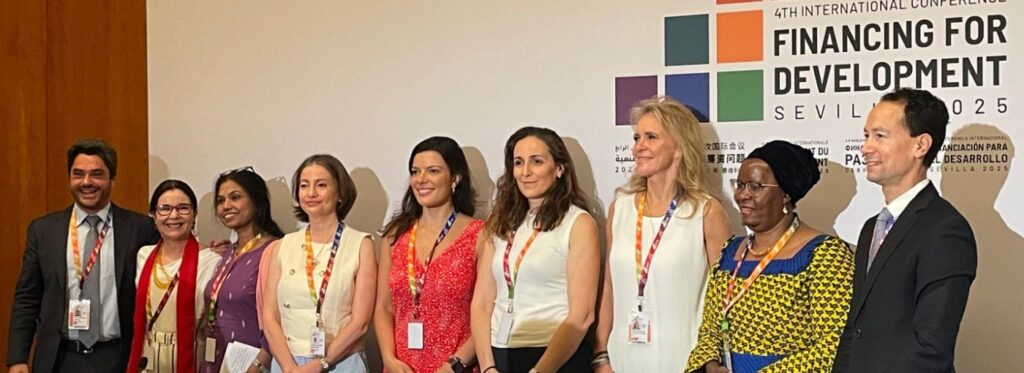President Yoweri Museveni has asked Ugandan parliamentarians to review the National Biosafety Act, 2017. In a letter to the Speaker of Parliament, the president stated his many concerns about the Act: “naming it the Law-Biosafety Act while it actually talks about Genetically Modified Organisms (GMOs); the rights of Uganda Farmers that for generations have developed, managed, conserved and preserved the country’s genetic resources of crops, animals, herbs, insects and fish; total contamination of the farming system due to unregulated random introduction of GMO’s; use of poisons and dangerous bacteria as inputs in genetic engineering; protection of indigenous varieties and breeds; protection of consumers and the competent authority to oversee the provisions of the law and labelling”.
Hivos East Africa through its Sustainable Diets for All Programme was among the seven Civil Society Organisations (CSOs) present at the media briefing held in Kampala. Hivos agrees with the president’s sentiments, especially considering that Uganda has committed to the Cartagena Protocol on Biosafety to the Convention on Biological Diversity.
Our joint statement as CSOs at the press briefing expresses our shared concerns. “This cautionary stance that we are taking is rooted in evidence and experiences from the rest of the world where this form of technology (GMOs) have failed to achieve their perceived intention and the over popularised challenges associated with ending hunger and malnutrition but instead trapped the farmers, the economy and agricultural sector in more complex issues related to the use and misuse of the technology.
“We take encouragement from the reservations in the President’s letter, which echo our long-standing concerns with the contents of the law and the manner in which it was being developed to introduce GMOs in the agricultural sector. It seems our voices are finally being heard as to how the Act compromises the rights of small holder producers (the majority of those in the agriculture sector) and threatens the right to food, the right to a clean environment, sustainable development, sustainable diets and biodiversity of crops, animals, fisheries and insects and the growing economic market potential of organic products in the global market”.
Other CSOs at the press briefing included: Food Rights Alliance, Family Farmers Agroecology Movement Uganda, Alliance for Food Sovereignty in Africa, Participatory Ecological Land Use Management, Eastern and Southern Africa Small Scale farmers Forum Uganda and Southern and Eastern African Trade Information and Negotiations Institute.
In Uganda, Hivos is implementing the Sustainable Diets for All Programme. Its objectives are to promote healthy consumption, affordable and accessible food for low-income consumers and inclusive practices for all producers (women, men and youth) to get a fair deal while respecting biodiversity, ecosystems and (traditional) diversity.
——————————-
The National Biosafety Act 2017 broadly intends to facilitate and promote research, development and general release of GMO’s in Uganda’s agricultural sector. Since 2006, CSOs and other Non-State Actors in Uganda have cautioned the Government’s decision to introduce and promote GMOs in our farming and Food system as has been reflected in the various versions of the Biotechnology and Biosafety Bill 2012 that was finally passed by Parliament on October 4, 2017 as The National Biosafety Act, 2017.




